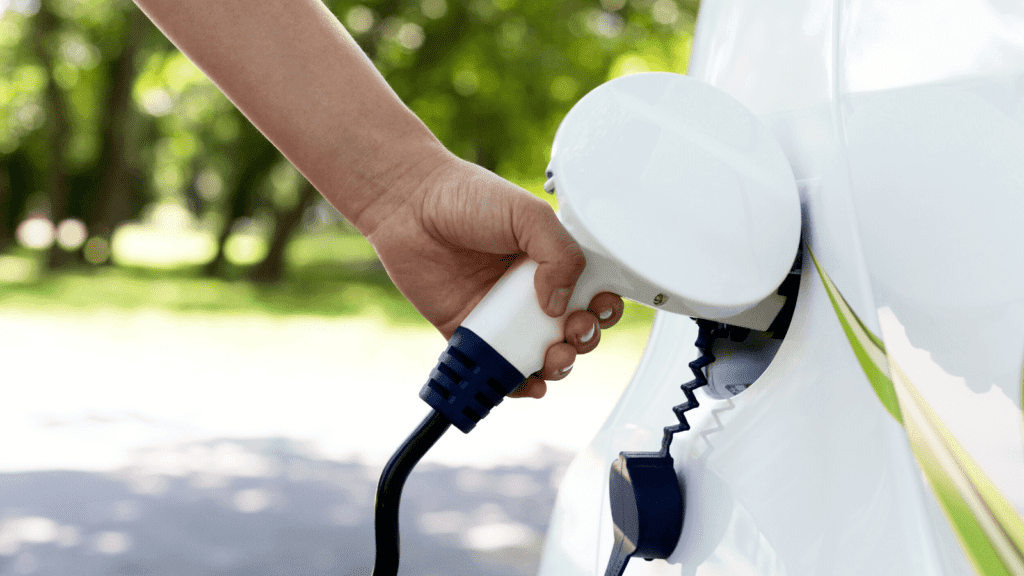The program will provide financial contributions to increase EV infrastructure projects in public places, on-street, workplaces, multi-unit residential buildings, and light-duty vehicle fleets
By Indigenous Clean Energy

OTTAWA, ON, March 3, 2022 – Recognizing the challenges that many Indigenous communities in rural and remote areas face incorporating EV technology, Indigenous Clean Energy Social Enterprise (ICE) is launching Charge Up, an initiative that aims to accelerate the implementation of electric vehicle (EV) charging stations in communities across Canada.
Through Natural Resources Canada’s Zero Emission Vehicle Infrastructure Program (ZEVIP), $316,250 will be invested in Charge Up to help support the deployment and installation of up to 10 Level-2 chargers and 15 fast chargers in approximately 20 Indigenous communities across Canada.
ICE will select recipients through a transparent process, based on demand. Funding will close when all available resources are allocated or by March 31, 2023. Applications will be accepted on a rolling basis until the funding has concluded.
As ICE’s fundamental purpose is to support Indigenous communities as leaders in the clean energy transition, this funding represents a promising opportunity for Indigenous Peoples wanting to take action to reach net-zero emissions by 2050.
“With remote and rural Indigenous communities experiencing the effects of climate change, we [ICE] have seen a growing interest in welcoming the electrification of transportation. This initiative will support Indigenous communities to take one step further in building EV charging networks to power the future of sustainable transportation,” said Chris Henderson, ICE Executive Director
The official announcement was made today by Yvonne Jones, Parliamentary Secretary to the Minister of Natural Resources and to the Minister of Northern Affairs, on behalf of the Honourable Jonathan Wilkinson, Minister of Natural Resources.
“We’re making electric vehicles more affordable and charging more accessible for Canadians from coast to coast to coast. Investing in more EV chargers, like the ones announced today in Indigenous communities across Canada, will put more Canadians in the driver’s seat on the road to a net-zero future – and help achieve our climate goals.” said the Honourable Jonathan Wilkinson, Minister of Natural Resources
To learn more about Charge Up and to apply, visit: https://indigenouscleanenergy.com/chargeup/
Quick Facts
- Transportation accounts for approximately 25 per cent of total greenhouse gas emissions in Canada.
- Large upfront costs and reduced exposure to EVs and charging infrastructure are the main barriers for Indigenous communities when it comes to EV infrastructure development.
Media Contacts
Jessica Tait, Program Coordinator
Lina Forero, Senior Communications Manager
About ICE
Indigenous Clean Energy Social Enterprise (ICE) is an independent, Indigenous-governed, non-profit organization. ICE is the national hub advancing Indigenous and broader sustainable prosperity by supporting First Nation, Inuit, and Métis clean energy participation in every region of Canada.
